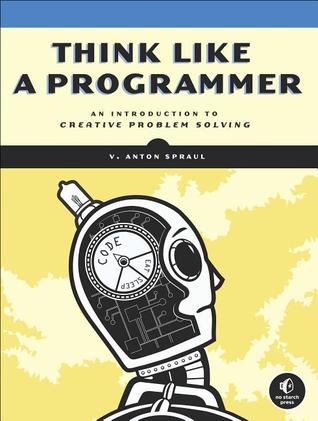Relational DB, ORM and ERP systems
With each passing second data is increasing and to make efficient use of that data we need to store it in some structured form. In past almost all the enterprises used to store data, in rows and columns on paper; like for attendance of staff members, there was a register in which name and corresponding status of attendance is marked. Bills, payment status, resource planning, human resource management, everything was (just) on papers. so yeah, that time has almost gone; when people used to store a lot of data on papers and in files.
 |
| Image Source |
But then technology grew up and paperwork is shifted on digital world. (But, there are still many companies relaying on paper work more than on computers!). So as mentioned above, the problem is; data is expanding. We need to deal with it, we need to manage it properly.
According to Quickbase article on database history, computers were used to store data in database during 1960's. Now the question is that, where to store data? There are some database management systems in which we used to store data.
There are several database management systems, like Relational database management systems (RDBMS), Object database management system, PostgreSQL, Microsoft Access, SQL Server, FileMaker, Oracle, dBASE, Clipper, and FoxPro.
Let's talk about RDBMS and related technologies like ORM, and ERP systems...
RDBMS is a relational database in which records are stored in the form of tables. Each table has rows and columns. In rows' header we used to store the entity or object name like name of a person, place or thing etc. And in columns' header, we used to store the features/attributes associated with each object. For example:
 |
| Image source |
Relational db is called relational because there exist some link between different tables. There is primary key, foreign key relation. There are operations like Union, intersection, subtraction, Cartesian product and join etc.
In real world we need to work with object oriented languages, and to map the objects to relational tables we use Object relational Mapping (ORM). ORM is pretty useful as ORM itself maps the objects to tables using insert, update, delete etc; without causing us to struggle for it.
Now a days many enterprises use ERP (Enterprise Resource Planning) systems to manage their payments, productions, marketing, growth, resources and development processes.
ERP systems help the users in efficiently organizing the enterprises' stakeholders using database management systems and user interface.
So RDBMS along with associated technologies are helping the enterprises to enhance their work with lesser effort than paper work. But paperwork is still the favorite of some people... :)












Comments
Post a Comment